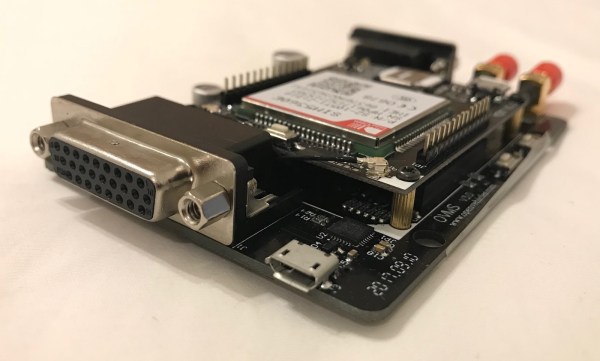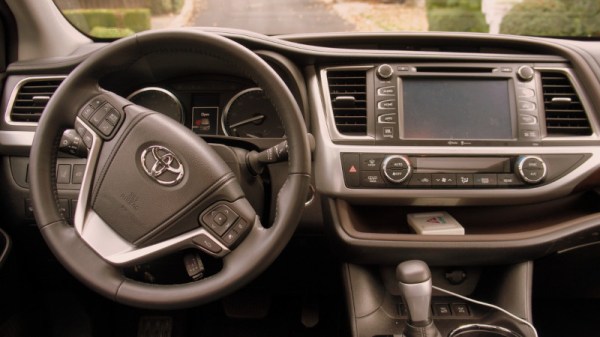Electric cars have more widgets than ever, but manufacturers would rather you don’t have direct access to them. The Open Vehicle Monitoring System intends to change that for the user. [via Transport Evolved]
As car manufacturers hoover up user data and require subscriptions for basic features, it can be a frustrating time to make such a big purchase. Begun in 2011, OVMS now interfaces with over a dozen different EVs and gives you access to (or helps you reverse engineer) all the data you could want from your vehicle. Depending on the vehicle, any number of functions can be accessed including remote climate start or cell-level battery statistics.
The hardware connects to your car’s OBDII port and uses an ESP32 microcontroller connected to a SIMCOM SIM7600G modem (including GPS) to provide support for 3 CAN buses as well as Wi-Fi and Bluetooth connections. This can be particularly useful for remote access to data for vehicles that can no longer phone home via their originally included cellular modems as older networks shut down.
Do you wish EVs weren’t so complicated? Read our Minimal Motoring Manifesto.












